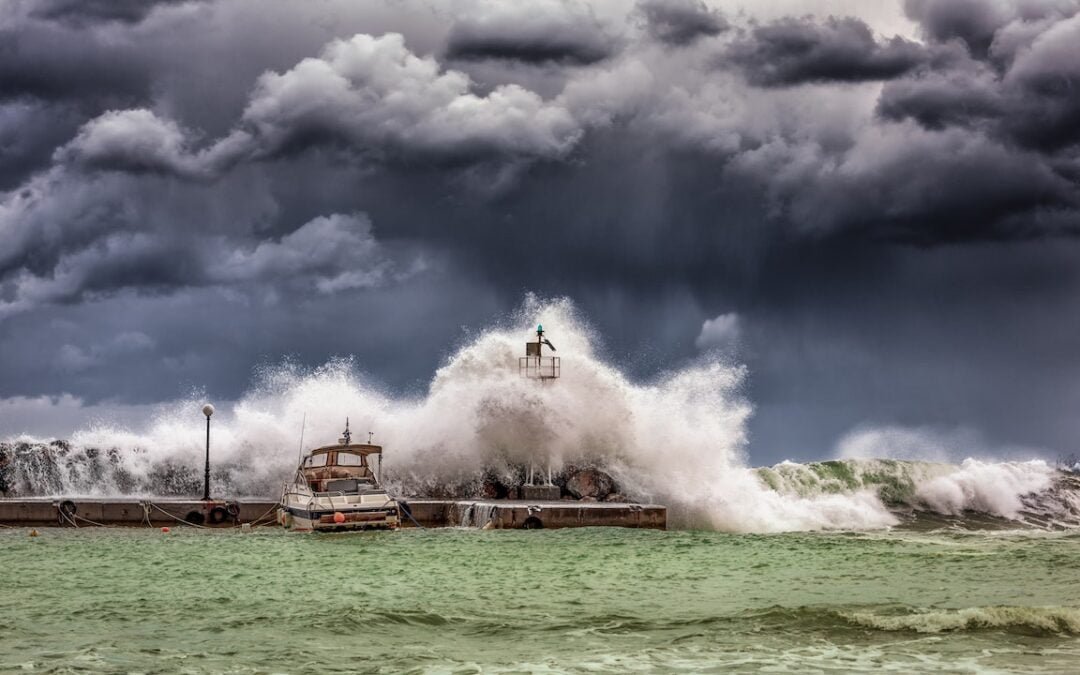Living and operating a business in coastal areas can be an incredible experience. The stunning views, fresh sea air, and access to coastal communities are just a few perks. However, it’s essential to be prepared for potential natural disasters, such as tsunamis, which can pose significant threats to both lives and businesses. In this blog post, we will explore essential tips and strategies that Australian businesses, like Edward Andrews Consulting, can employ to survive a tsunami and minimize the impact on their operations.
- Stay Informed and Prepare in Advance: The key to surviving a tsunami is being well-informed and prepared. Keep a close eye on the latest weather reports, government alerts, and warnings from reliable sources. Familiarize yourself with warning systems, evacuation routes, and emergency shelters in your area. Create a robust emergency response plan specifically tailored to your business, including procedures for evacuating employees and securing essential equipment and data.
- Develop a Communication Strategy: During a crisis, clear and timely communication is crucial. Establish multiple communication channels to reach your employees, clients, suppliers, and stakeholders. These channels can include email, text messaging, social media, and a designated emergency hotline. Ensure that all contact information is up-to-date and easily accessible. Designate a spokesperson or a crisis management team responsible for disseminating information and keeping everyone informed about the status of your business operations.
- Safeguard Critical Data and Assets: Tsunamis can cause severe damage to physical assets and disrupt business operations. To minimize losses, secure critical data by regularly backing it up and storing it off-site or in the cloud. Consider utilizing robust cybersecurity measures to protect your digital infrastructure. For physical assets, have insurance coverage that includes tsunami-related damage. Implement measures to safeguard your premises, such as installing flood barriers, elevating equipment, and securing vital documents in water-resistant storage.
- Implement Emergency Response Training: Invest in training programs to educate your employees about tsunami preparedness and response protocols. Conduct regular drills and exercises to practice evacuation procedures and ensure everyone knows their roles and responsibilities during an emergency. Train employees on basic first aid and CPR techniques to address any injuries that may occur. Encourage employees to create personal emergency kits containing essential supplies like water, non-perishable food, flashlights, and first aid supplies.
- Foster Collaboration and Community Engagement: In times of crisis, collaboration within the community can make a significant difference. Engage with local emergency management agencies, neighboring businesses, and community organizations to establish mutual support systems. Participate in local disaster preparedness initiatives and contribute to community awareness campaigns. By working together, businesses can share resources, knowledge, and support during the aftermath of a tsunami.
While we hope that no business ever has to face the devastating impact of a tsunami, being prepared is crucial for survival. By staying informed, developing a communication strategy, safeguarding critical data, training employees, and fostering community collaboration, businesses can enhance their chances of successfully weathering a tsunami. Eddie Andrews Consulting and other Brisbane, QLD businesses operating in coastal areas should take proactive steps to mitigate risks and ensure the safety of their employees and the continuity of their operations. Remember, preparedness today can save lives and businesses tomorrow.

